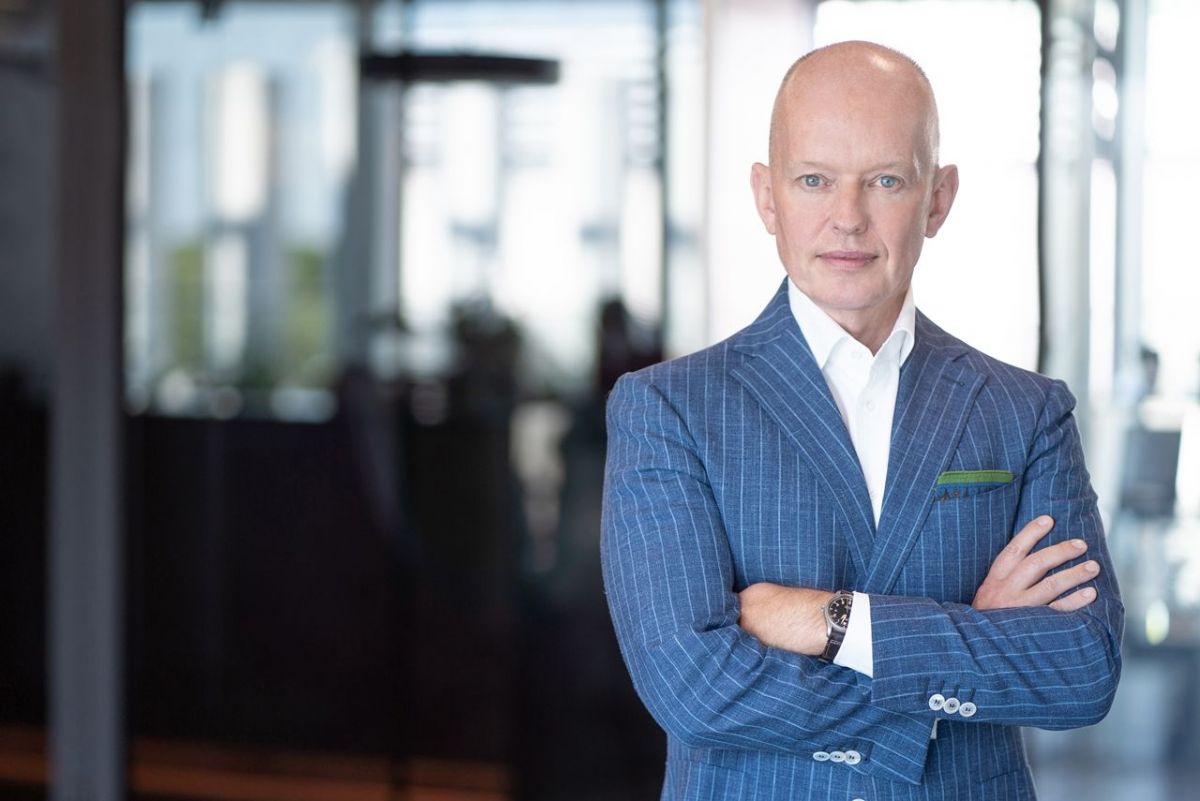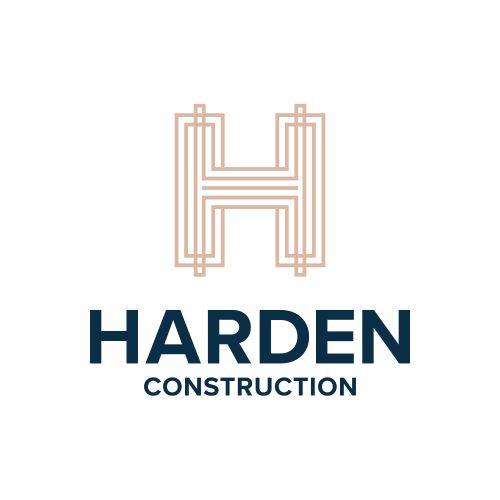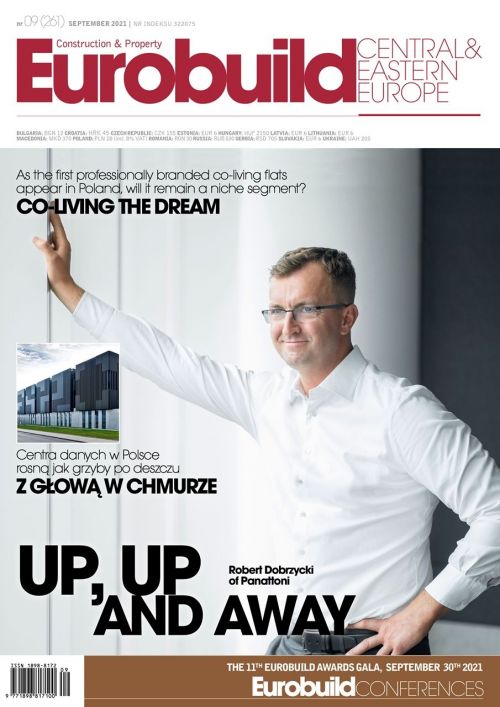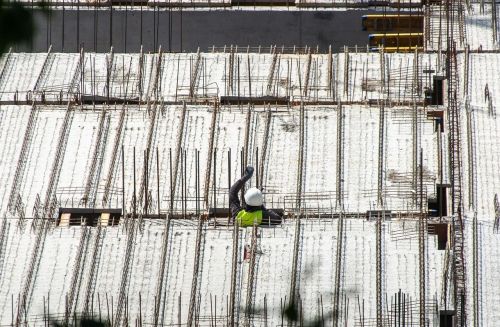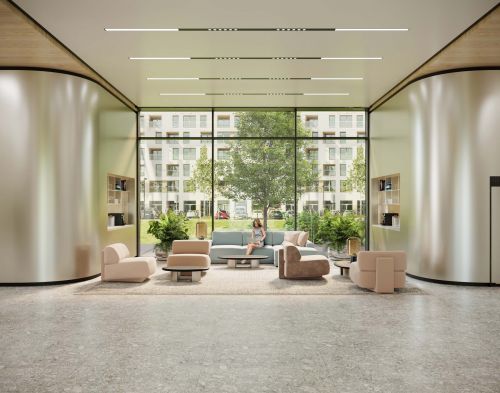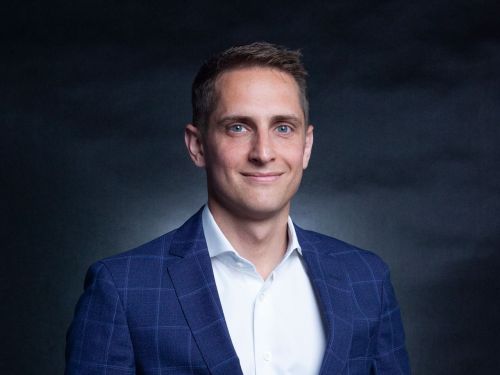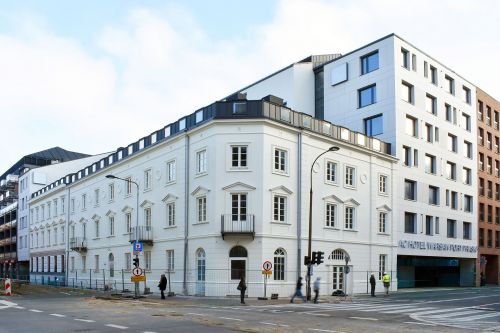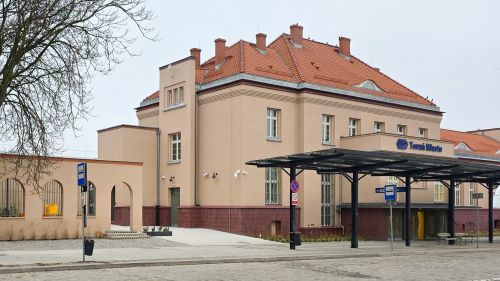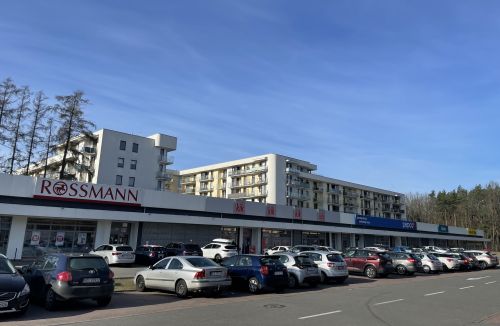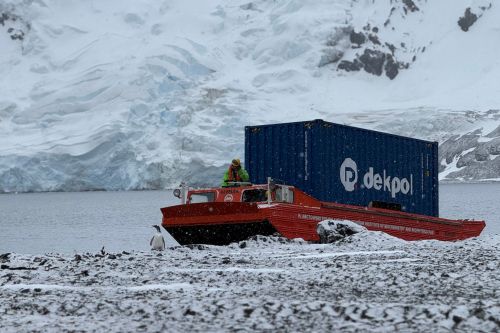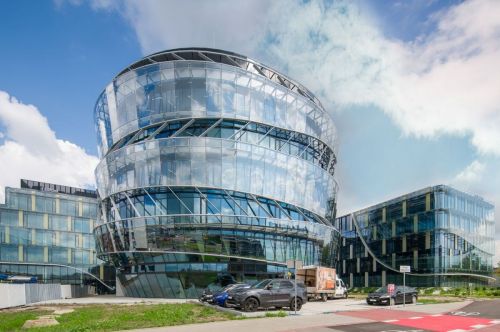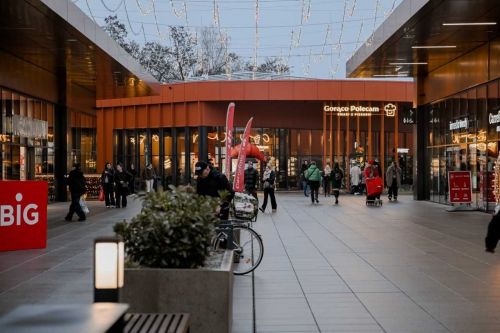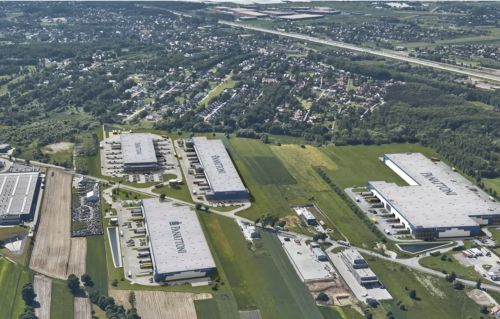Not so long ago Griffin announced plans to enter the German warehouse market, but it appears you also have your eyes on other Western European countries.
Maciej Dyjas, managing partner of Griffin Real Estate: Indeed. Right now we are working on two locations in Germany where we are building warehouses for Amazon. The sites have been purchased, we’ve got all the permits and the construction work is underway. We’re also in advanced negotiations for two more projects there, but it’s too early to give any details. In addition to this, we have entered the Netherlands, where we are also planning two projects, one of which we are in the final stages of the market analysis. We are also looking at Spain, where we are negotiating the purchase of two sites, one of which we have almost completed. What all these projects have in common are their locations. They are all close to large cities as well as junctions on roads that are major communication routes. They are also planned t
